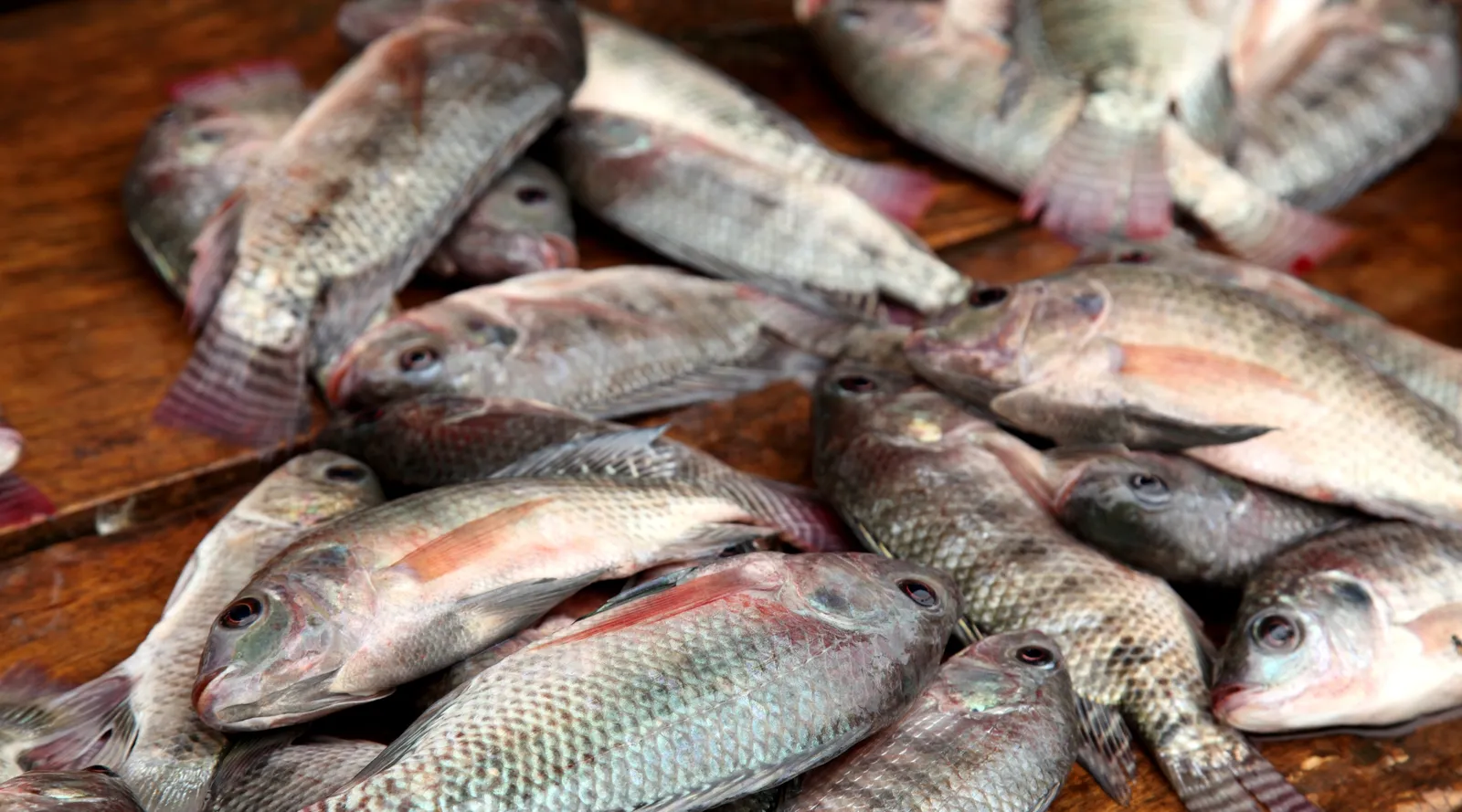Nigeria Spends $1.7 Billion Annually on Fish, Livestock Imports – Professor Oniye
PROFESSOR Sonnie Oniye, Dean of the School of Postgraduate Studies at the National Open University of Nigeria (NOUN), has revealed that Nigeria spends approximately $1.7 billion every year on the importation of fish and livestock products—a trend he described as both unsustainable and wasteful.
Oniye, a professor of Fisheries and Hydrobiology, made this disclosure on Thursday during the public presentation of a new book in Zaria. The book, titled “Trends in Fisheries and Livestock Research and Extension in Nigeria: Food and Nutrition Challenges,” was launched in honour of the retirement of Professor Paul Bolorunduro, a renowned agricultural researcher.
According to Oniye, of the total $1.7 billion import bill, around $1.2 billion is spent on fish and fisheries products, while over $500 million goes toward beef imports.
“This level of importation is unacceptable, especially given Nigeria’s vast natural resources,” he said. “We have abundant land, rivers, lakes, lagoons, and oceans—yet we still import fish in such large quantities. This indicates a serious failure in our production systems.”
Inadequate Investment in Local Production
While acknowledging some federal government interventions in the agriculture and livestock sectors, Oniye criticised the level of investment as insufficient. He called for greater funding for research institutions, universities, and agricultural production systems.
He also urged financial institutions to provide better support for fisheries and livestock entrepreneurs, noting that the lack of funding is a major barrier to sectoral growth.
Oniye further decried the poor funding and remuneration of academics in Nigeria, particularly when compared to other West African countries, adding that the misallocation of national resources on “irrelevant priorities” continues to undermine progress.
“We must return to the drawing board and get things right,” he said. “Everyone must be committed—Nigeria is the only country we have.”
New Ministries: A Step in the Right Direction
Commenting on the recent creation of the Ministry of Livestock Development and the Ministry of Marine and Blue Economy, Oniye described both as promising developments. However, he stressed that without proper implementation, their potential impact would remain unrealized.
Honouring a Legacy in Agriculture
The event also featured tributes to Professor Paul Bolorunduro, the book’s honouree, who recently retired from the National Agricultural Extension and Research Liaison Services (NAERLS) at Ahmadu Bello University, Zaria.
Speaking on behalf of the Executive Director of NAERLS, Professor Yusuf Sani, Professor Jamil Abdullahi praised Bolorunduro’s dedication to fisheries and livestock development, describing the book launch as a fitting tribute to his contributions.
In his remarks, Professor Bolorunduro expressed gratitude for the recognition, reflecting on his career in a paper titled “Reflection on My Career Journey.” He described Nigeria’s agricultural sector as being at a pivotal moment.
“Our future depends on how well we harness our vast potential to overcome current challenges,” he said.

